How RPO Solutions Enhance Diversity Hiring in Software Development
- AESC

- May 1, 2025
- 3 min read

In today’s rapidly evolving tech landscape, diversity is not just a buzzword; it’s a necessity. Companies that prioritize diversity in their hiring practices often see enhanced creativity, improved problem-solving, and a stronger bottom line. However, achieving true diversity in software development teams can be challenging. This is where Recruitment Process Outsourcing (RPO) solutions come into play, offering innovative strategies to enhance diversity hiring.
Understanding RPO Solutions
RPO solutions involve outsourcing all or part of the recruitment process to an external provider. This can include everything from sourcing candidates to managing the entire hiring process. RPO providers specialize in streamlining recruitment, leveraging technology, and employing data-driven strategies to find the best talent. But how do these solutions specifically enhance diversity hiring in the software development sector?
1. Broader Talent Pools
One of the most significant advantages of RPO solutions is their ability to tap into broader talent pools. Traditional hiring methods often rely on networks that may inadvertently favor certain demographics. RPO providers utilize advanced sourcing techniques, including social media outreach, community engagement, and partnerships with diverse organizations, to reach underrepresented groups. This proactive approach ensures that companies are not just fishing in the same pond but are exploring new waters filled with diverse talent.
2. Unbiased Recruitment Processes
Bias in hiring can be subtle yet pervasive. RPO solutions employ technology to minimize unconscious bias in the recruitment process. By utilizing AI-driven tools, RPO providers can anonymize resumes, focusing solely on skills and qualifications rather than demographic information. This helps create a level playing field where candidates are evaluated based on their abilities rather than their backgrounds. Additionally, RPO providers often implement structured interviews and standardized assessments, further reducing the potential for bias.
3. Tailored Diversity Strategies
Every organization has unique diversity goals and challenges. RPO providers work closely with companies to develop tailored diversity hiring strategies that align with their specific objectives. This might include creating targeted outreach programs, developing partnerships with educational institutions that serve diverse populations, or implementing mentorship programs to support underrepresented candidates. By customizing their approach, RPO solutions ensure that diversity hiring is not just a checkbox but a core component of the recruitment strategy.
4. Continuous Improvement and Accountability
Diversity hiring is not a one-time effort; it requires ongoing commitment and evaluation. RPO solutions provide companies with the tools to track and measure their diversity hiring efforts. By analyzing data on candidate demographics, hiring trends, and retention rates, organizations can identify areas for improvement and adjust their strategies accordingly. This data-driven approach fosters accountability and ensures that diversity hiring remains a priority.

Conclusion
In the competitive world of software development, embracing diversity is essential for innovation and growth. RPO solutions offer a powerful way to enhance diversity hiring by broadening talent pools, minimizing bias, tailoring strategies, and promoting continuous improvement. By partnering with experts in recruitment, companies can not only meet their diversity goals but also create a more inclusive and dynamic workplace.
If your organization is ready to take the next step in enhancing diversity hiring, consider reaching out to Allied Executive Search Consultants. With their expertise in RPO solutions, they can help you build a diverse and talented software development team that drives success and innovation. Embrace the future of hiring—because diversity is not just good for business; it’s essential for progress.





Comments